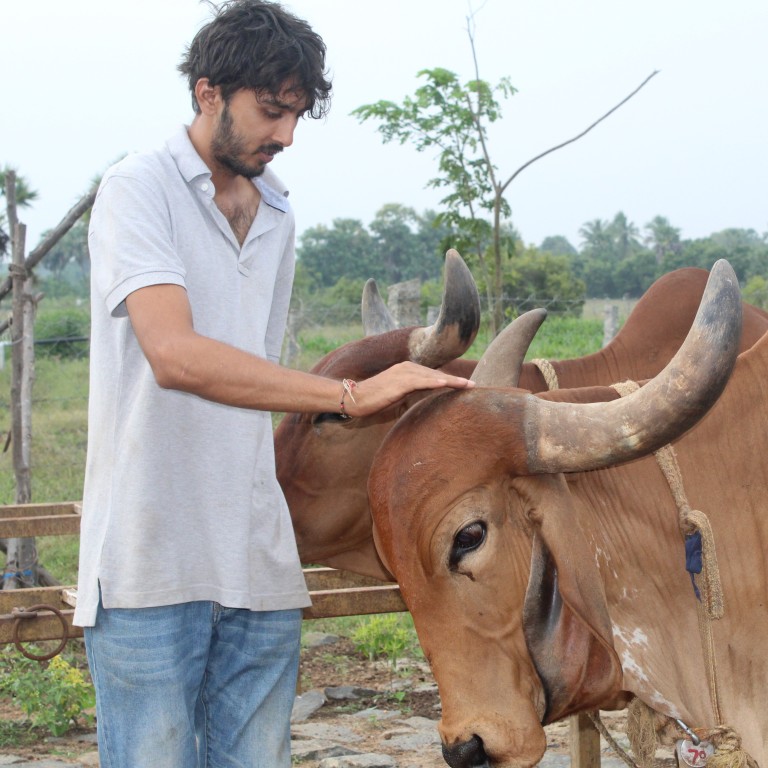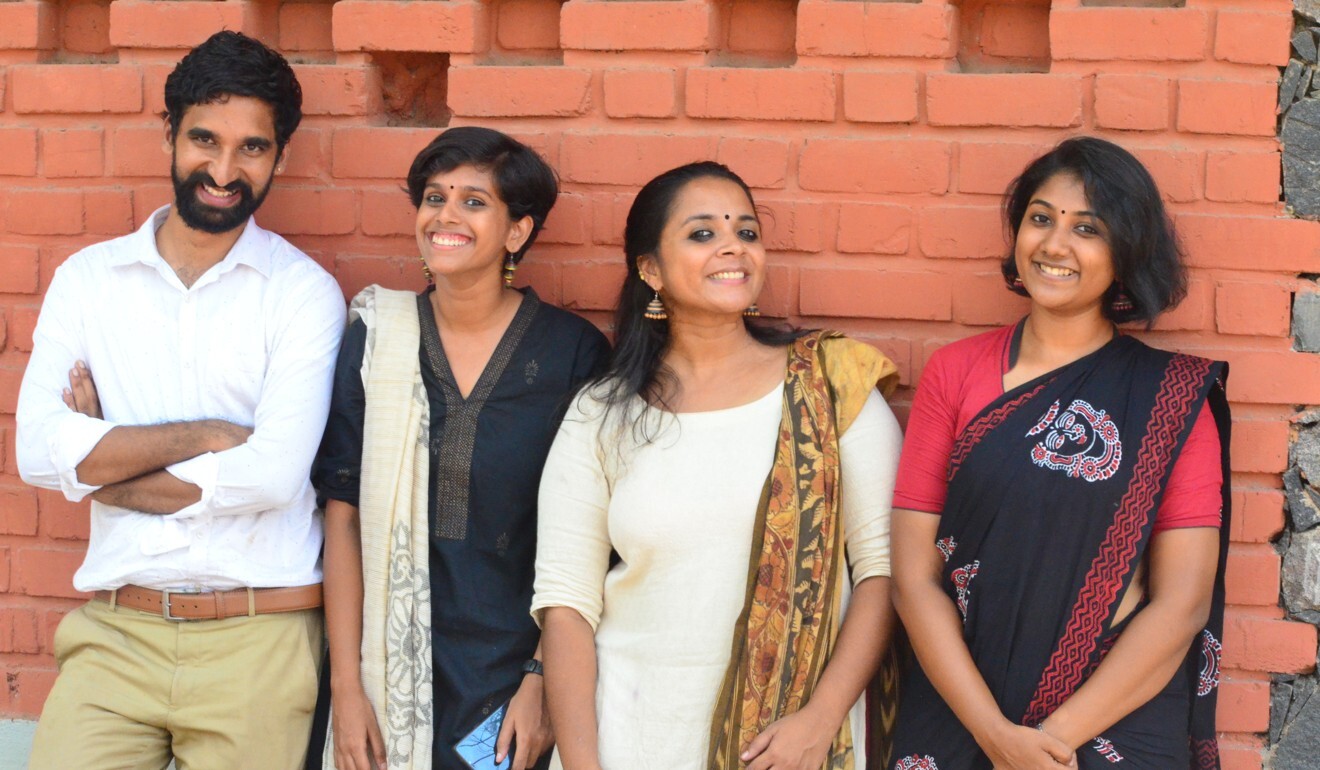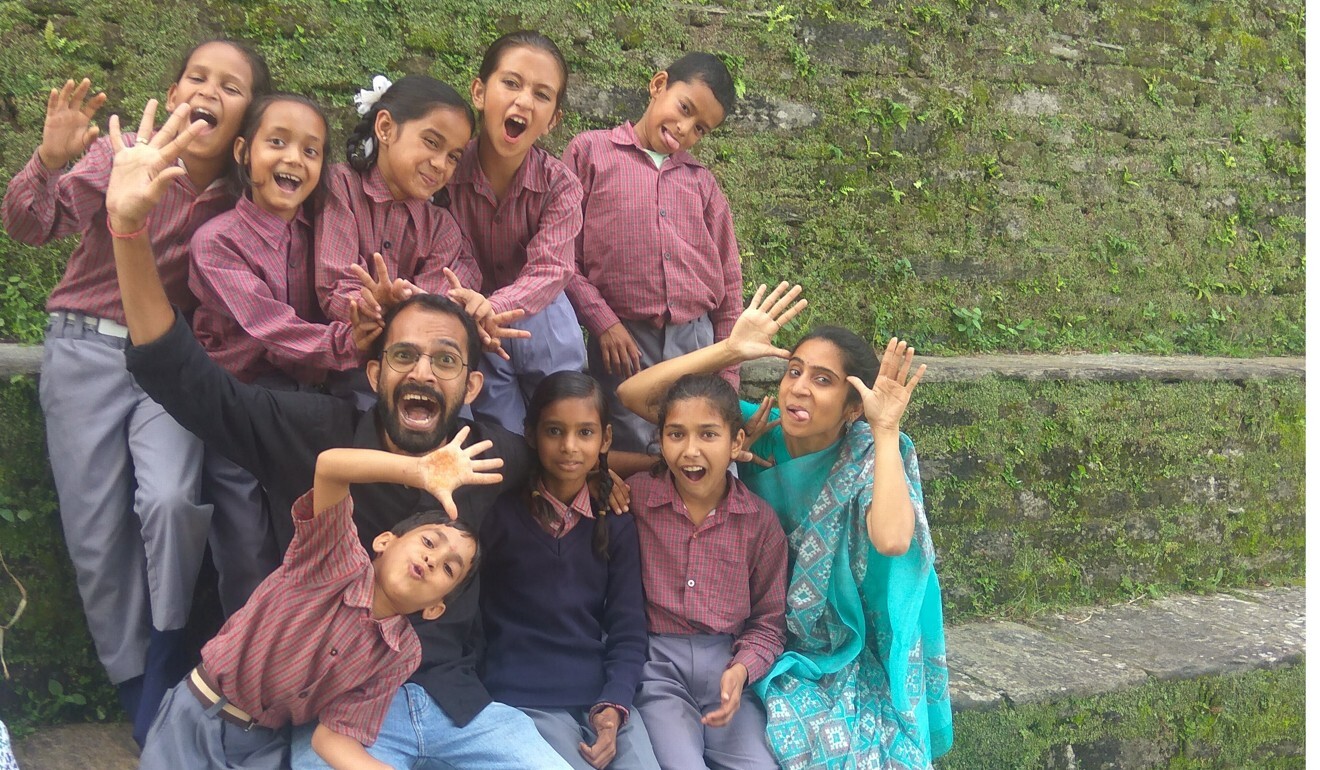
Indian millennials escape big cities for more low-key small town lifestyles
- Indian cities are some of the most polluted cities in the world, with traffic jams and overloaded infrastructure
- Unlike previous generations, who did not have the luxury of choice, younger Indians have decided overcrowded cities are not worth the hassle
He runs his two-year-old company Fat Cow Dairy with his younger brother and they have more than 150 cows on 55 acres.
The brothers are meticulous about sustainable farming, ensuring fresh grass for indigenous cows and delivering in eco-friendly, returnable bottles. They also plan to grow grains, organic fruits and vegetables.
Damani lived in Chennai before he moved to the farm, and he still spends weekends in the city with his family there.
Urban farms sprout up as Covid-19 leaves celebrities with thyme on hands
He studied management at Exeter University in the UK but disliked living in a city that “felt like an ant hill with too many people and too little space”. His dream was to start his own business.
He misses certain luxuries like uninterrupted electricity but Damani is nonetheless one of a growing number of Indian millennials abandoning big cities to pursue more sustainable, socially conscious lifestyles in smaller towns or villages. Start-ups like Rural Naukri, a portal which lists rural jobs, are also playing a small role in reverse migration, by listing jobs in smaller towns.
Indian cities are some of the most polluted cities in the world, with traffic jams and overloaded infrastructure. Six of the world’s 10 most polluted cities are in India, where pollution kills 1.25 million people every year.
For Nisha Subramaniam, 32, going rural was an “interesting” decision. She moved to Cuddalore in South India where she set up an organisation with her partner and two other alumnus from non-profit organisation Teach for India. Their organisation, Kanavu, which means dreams in Tamil, works with five schools and helps nurture leadership skills in about 1,200 students, mostly the children of fishermen and farmers.
Previously, they lived in Chennai, a crowded city of 10.9 million, with a fast pace of life and little access to green spaces.

Subramaniam and her partner spent seven years working for Teach for India before relocating. They realised the low retention rate among teachers in rural schools affected the education and future of the children, so began training teachers and ensuring leadership and digital literacy was a reality.
They also work with the mothers of students, running an enterprise called Sura, arranging for micro credit for sewing machines, arranging tailoring classes and marketing products like bags and pouches which the mothers stitch.
“The open spaces, sustainable living practices, lack of consumer pressures and the fact there is no easy way out, like eating out or hiring a cab, connect us to the ‘real India’ and in our opinion, that is the best environment we can offer our children,” Subramaniam says.

Nidhi Vyas, 30, lives in the mountains of Uttarakhand, in a town called Mukteshwar which is famous for its apple orchards. She works with Aarohi, an NGO which designs curriculum for local children.
Before relocating a year ago, they lived in New Delhi. Vyas loves the simple mountain life – waking up to birds singing, strolling in the orchards and the view of the snow-capped while walking to work.
“We really wanted to get away from the blind rat race in cities, the fast pace and the capitalist trap,” she says. “And I don’t think we will regret this move.”
Shikha Tripathi, 35, also lives in Uttarakand, in Binsar, after studying and working in Bangalore and Mumbai. A keen mountaineer, she also works as a writer and coordinator in teaching projects.
Whether she’s looking for snow leopards in Hemis in the winter or hiking to Everest Base camp, the appeal of the wilderness is undeniable, although she admits to missing cinemas and popcorn.

According to Professor S. Irudaya Rajan from the Centre for Development Studies in Thiruvananthapuram, the reverse migration among millennials reflects India’s infrastructure challenges.
“Where India has failed is in creating medium-tier towns with infrastructure, to ease the congestion in
big metros,” he says. “Our cities are overcrowded and there is no quality of life, or work life balance; most people live there only because of lucrative jobs.”
“With the Covid 19 pandemic, the work from home culture, and video conferences replacing office meetings, geographical location is becoming redundant, and paving the way for more migration to smaller towns and villages.”
Coronavirus: Indians seek ancient home remedies to boost immunity
India is expected to become the youngest country by 2022, with an average age of 29. Unlike previous generations, who did not have the luxury of choice, younger Indians have decided these big cities are not worth the hassle.
“I like that I can walk in the fields, have fresh vegetables and fruits at my doorstep, and see clear skies from my terrace,” Damani says of his farm.
“It helped that my parents supported my decision to live and work in rural India, and do what my heart told me to do. I feel blessed to have that choice.”

